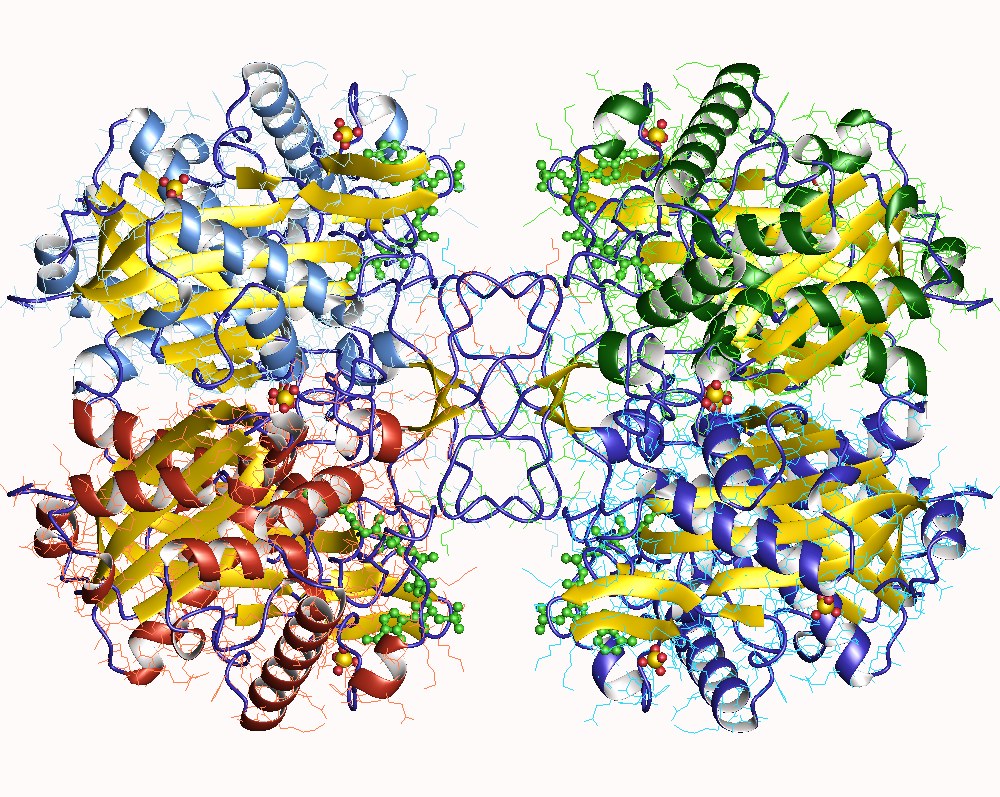Coenzyme Q10
A substance that is helping our organism to function normally and that is giving the energy to our organs is Coenzyme Q10. This substance is created in our body naturally, but sometimes the amount of CoQ10 that our body makes is not enough. When that occurs, it is called CoQ10 deficiency and it causes drop of energy in our body and it affects negatively on our immune system. Coenzyme Q10 is often used as a supplement and it can help in reducing problems with heart, teeth and cancer. However, Coenzyme Q10 can cause some unwanted effects that can be quite serious.
- Only a few studies have looked at whether CoQ10 might help prevent heart disease, and their results are inconclusive. Research on the effects of CoQ10 in heart failure is also inconclusive. However, there is evidence that CoQ10 may reduce the risk of some complications of heart surgery.
- Although results of individual studies have varied, the overall scientific evidence does not support the idea that CoQ10 can reduce muscle pain caused by the cholesterol-lowering drugs known as statins.
- The small amount of evidence currently available suggests that CoQ10 probably doesn’t have a meaningful effect on blood pressure.
- A major National Institutes of Health-funded study showed that CoQ10, even in higher-than-usual doses, didn’t improve symptoms in patients with early Parkinson’s disease. A 2017 evaluation of this study and several other, smaller studies concluded that CoQ10 is not helpful for Parkinson’s symptoms.
- CoQ10 has also been studied for a variety of other conditions, including amyotrophic lateral sclerosis (Lou Gehrig’s disease), Down syndrome, Huntington’s disease, and male infertility, but the research is too limited for any conclusions to be drawn.
Side Effects of Coenzyme Q10
We can often hear how helpful Coenzyme Q10 can be, but we can rarely hear something about the negative effects of this supplement. Here we will inform you on what negative consequences CoQ10 can cause. However, we must mention the fact that side effects of CoQ10 are rare, which does not mean that you can use it without precaution.
Discomfort in the belly can be experienced and it usually means that there are problems with digestion and pain in the chest. Another unwanted effect, that is probably the most frequent, can be diarrhea. Frequent and watery bowel movements can actually be manifestations of problems with digestion. Usage of these supplements can also cause lightheadedness and an individual can feel dizzy. That is because the level of sugar in the blood is reduced by CoQ10. Because of this possible side effect of CoQ10, this supplement mustn’t be taken by those who have hypoglycemia.
One other unwanted effect can be sickness that can later lead to reduced appetite. Problems with sleeping can also appear and it is usually not a serious problem. Individuals who used this supplement sometimes had difficulties to fall asleep. One of the most serious side effects of CoQ10 is an allergic reaction to this substance. It can cause difficulties in breathing, changes on the skin and different swellings. When this happens, you need to stop using this supplement immediately and seek for medical help.
How to Prevent Side Effects From Occurring?
You could lower the dosage of Coq10 and that will stop the side effects or reduce them. Side effects are usually a result of high dose intake, so reducing the dosage will be of help. If you take this supplement, please first talk to your physician so that he or she could decide what dosage you need. If you suffer from any medical condition and take medicines, you should continue taking them even if you are using Coenzyme Q10. CoQ10 can’t be and is not a substitution for any medicine.


















Your thoughts on this
Loading...